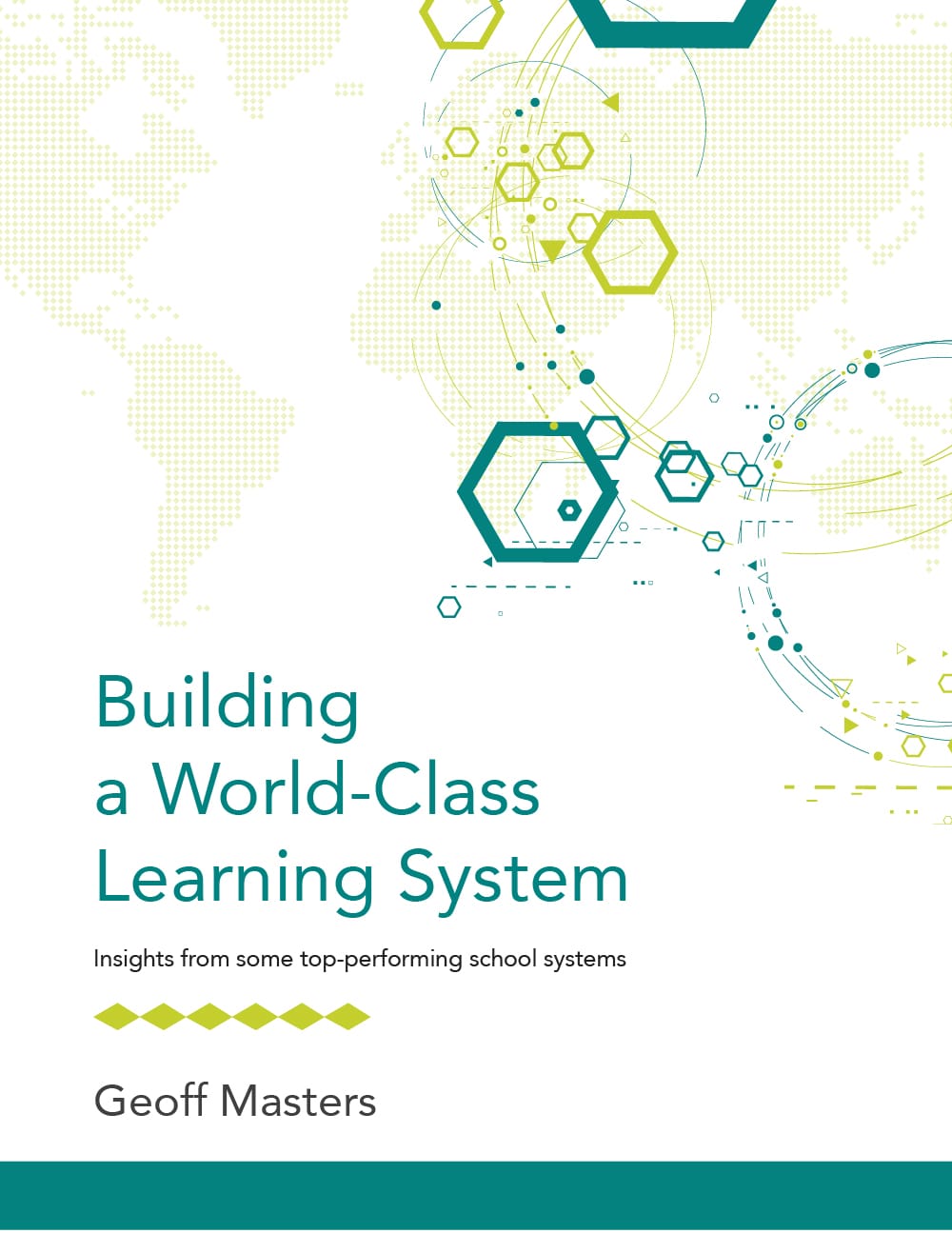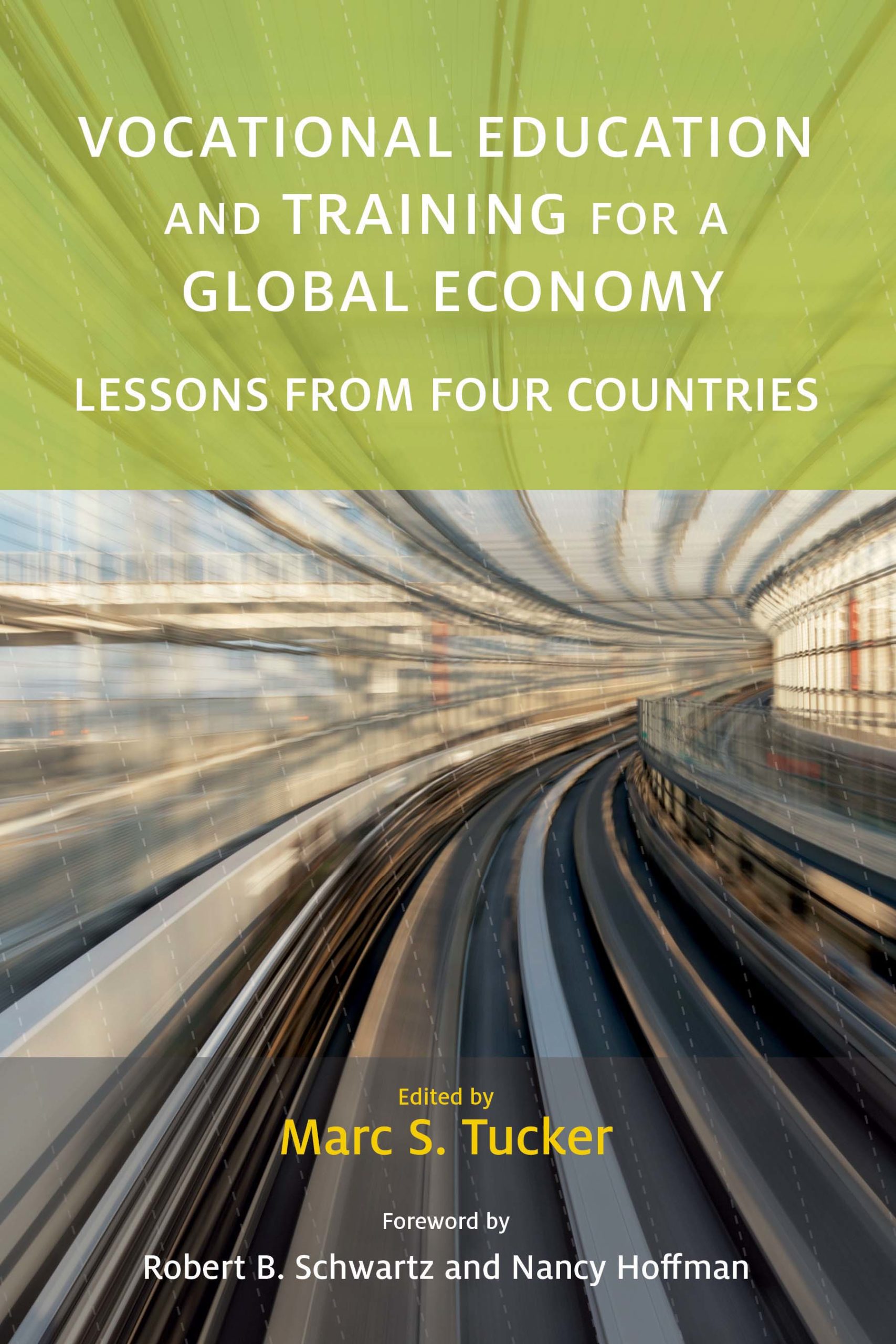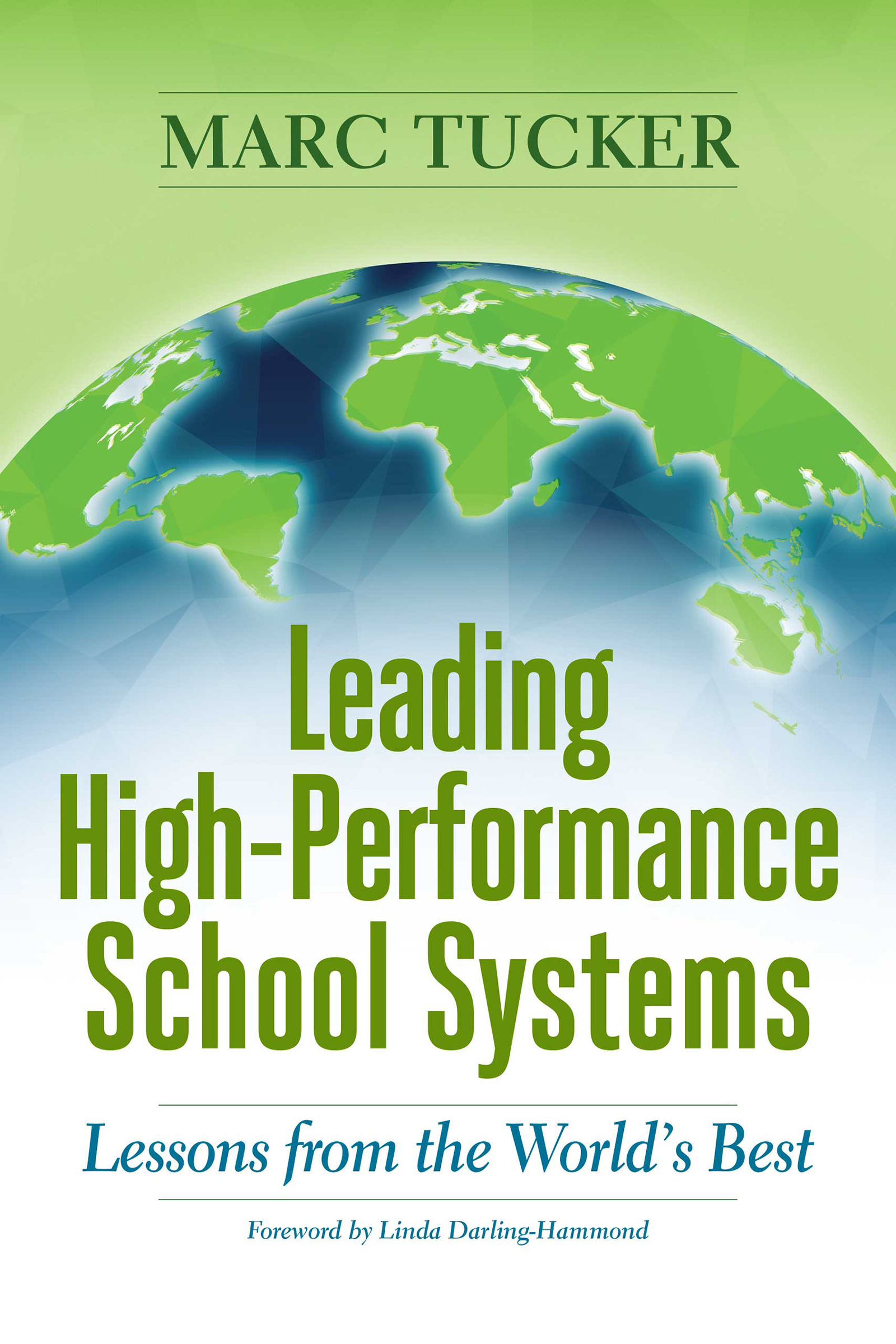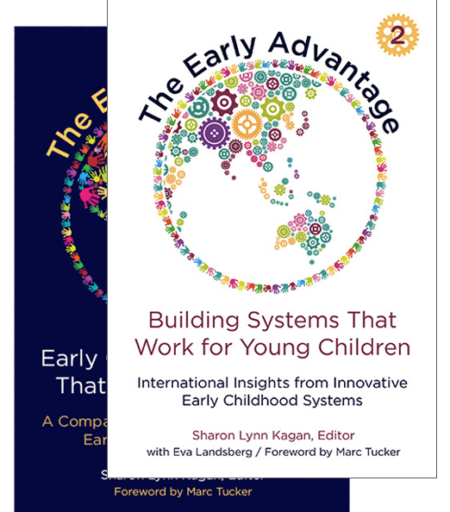What policies need to be in place for every child to experience an engaging and supportive learning environment that motivates not only high performance but a desire to keep learning?
What do students really need to know and be able to do to thrive in a changing world?
How can systems engage in ongoing improvement while also cultivating innovation?
These are just a few of the rich questions that motivated the research underpinning this book.
NCEE asked Geoff Masters, Chief Executive Officer of the Australian Council for Education Research (ACER) and an international expert on educational assessment, to take a broad look at the learning systems in a small set of jurisdictions—British Columbia, Estonia, Finland, Hong Kong and South Korea—that have long performed well on the OECD’s Programme for International Student Assessment (PISA). The question we posed to him was, what do these different education systems have in common now, and as they look into the future?
The book provides a framework for looking at learning systems comprehensively, with chapters focused on system aspirations; curriculum and assessment; student, teacher, and leader support; and the ecosystem that supports learning.
It provides rich detail about the five systems in each area, pulling out key examples of how and why systems chose particular strategies and dilemmas they faced and still face. It describes how these systems are designing their school curriculum to be more inclusive, more focused on deeper learning, more applied and to incorporate more choice for students to make learning more engaging, relevant and self-directed.
Masters includes questions at the end of each chapter to help draw insights from the experiences of these systems to inform work in our own systems, as that is the goal of the study and of NCEE’s work across the US and beyond.
Masters’ analysis leaves us with tantalizing questions looking ahead:
What new models of learning systems will emerge in the coming years?
Will the reforms identified here lead to higher outcomes for a broader range of students?
Will the systems that have led the way so far be those that continue to lead in the future?
Will our metrics of success change and, if so, how will that impact the design of our learning systems?





